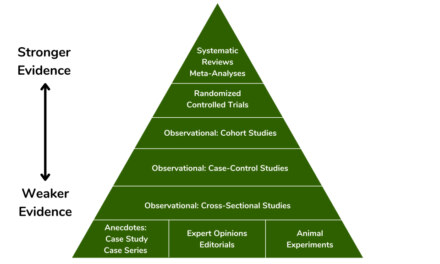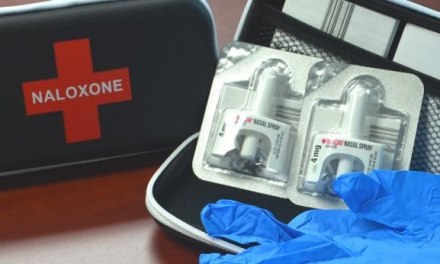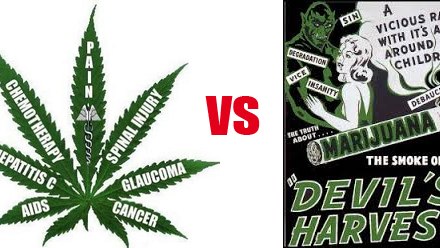I found this piece from the NY Times fascinating. It’s about an “anti-addiction” advocacy nonprofit from Washington state that showed up in Minnesota to argue against a proposed tax on opioid medications. Minnesota, like New York, is among the states that have considered filing suit against Big Pharma firms for the damage done to the citizens by their much-promoted products. It’s a strategy based on the nation’s long and painful experience with Big Tobacco.
As you might imagine, the drug industry is very opposed to that idea. Their motives are self-serving. Can’t expect otherwise since their primary duty is to their owners, and to investors mainly concerned with the value of their shares. That’s who Boards and CEOs and CFOs of pharmaceutical firms really work for — not the consumer. They don’t forget that, and neither should we.
The drug industry trade group in question– acronym PhRMA, so they’re not hiding their affiliation — currently employs 169 lobbyists and spends $27 million a year, just on Federal lobbying efforts. That’s not even including projects like the one in Minnesota. Clearly, it would be a coup for them to garner influence this deep inside the opposition.
So why would a nonprofit anti-addiction advocacy group accept money from an organization like PhRMA, knowing they’ll be bombarded with questions about possible conflicts of interest? How can they promise to put the interests of consumers over those of the industry that frankly pays their bills? Should that become necessary, of course. Which I expect it will at some point.
Here’s a quote from the article: “…the trade group’s chief executive, said in an interview that [the funding they would provide] was in the “tens of millions,” over multiple years, a heady influx of cash for a nonprofit group whose annual donations and grants totaled $4.7 million last year.”
Heady influx of cash is right. It’s already begun. The nonprofit’s funding jumped from $573K in 2016 to $4.7 million the following year. And that’s listing only 30 employees. What’s the money being spent on? They politely declined to answer.
If I had to guess, somebody is empire building. Turns out the leader of the advocacy group has a background in politics and lobbying. It’s possible they seek to become the voice of the nation’s consumers on this issue. If that happened, it would be of great benefit to Big Pharma.
The Exec’s justification for accepting all that money: “No one has cured a disease by making an enemy of the white lab coats… Sometimes our resistance to working with new partners is an old way of thinking.”
Oh, please. It isn’t “the white lab coats” that are the problem here. They don’t decide how much a drug shall cost the consumer, or how it shall be marketed to physicians and the public. It isn’t PhDs from the Research Division who design the promotional campaigns.
It’s the big shots in Finance and Marketing who make those calls. And who are not always inclined to put the best interests of consumers first.
Let me just propose one alternative: The member firms of PhRMA begin by openly acknowledging their role and responsibility in the opioid epidemic, and funding independent foundations to undertake treatment and prevention efforts. That includes steep discounts on medications that can help the addicted.
Then when they have to appear in front of a legislative body to oppose something, it can be on the grounds that it’s no longer needed, because they’re already doing everything that can be done.














Thank you for this post, Scott. I will be sharing the article myself. You always pass along mindful nuggets.